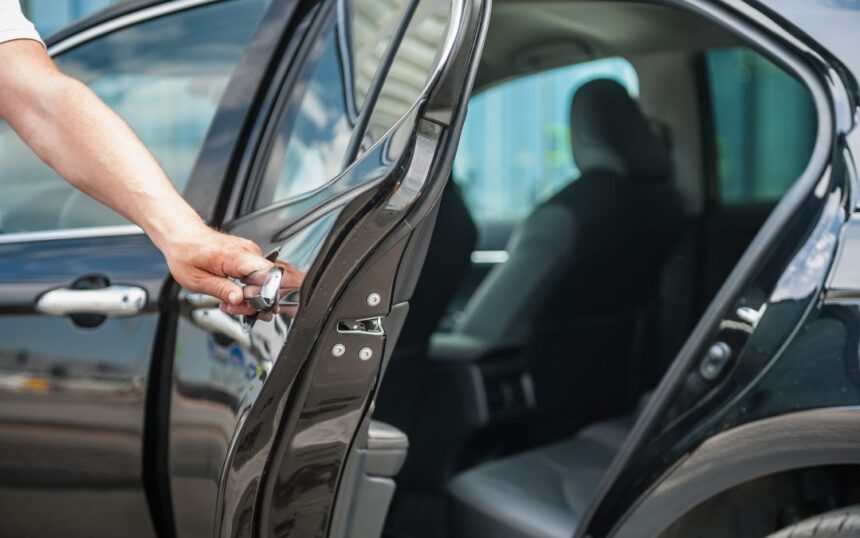Telematics technology has revolutionised various industries, and the taxi industry is no exception. With the integration of telematics systems into taxi insurance, a wealth of benefits has emerged. This article delves into the advantages of telematics in insurance, highlighting how this technology enhances safety and efficiency in the taxi industry.
Telematics refers to the use of advanced communication technology and data collection devices installed in vehicles to monitor and transmit information about vehicle performance, driver behaviour, and other relevant factors. In the context of insurance, telematics enables insurance providers to gather real-time data and gain insights into the driving habits and patterns of taxi drivers. These insights facilitate the creation of more personalised and accurate insurance policies.
One of the primary benefits of telematics in insurance is improved safety. By monitoring driver behaviour, telematics systems can identify risky driving habits such as harsh braking, rapid acceleration, and excessive speeding. Insurance providers can then work with taxi drivers to address these habits and promote safer driving practices. The integration of telematics not only enhances driver safety but also helps reduce the likelihood of accidents, thereby lowering insurance claims and premiums.
Telematics also contributes to the efficient management of taxi fleets. Fleet managers can access real-time data on vehicle locations, fuel consumption, and maintenance needs through telematics systems. This information allows them to optimise routes, monitor fuel efficiency, and schedule proactive maintenance, ultimately leading to cost savings and improved operational efficiency. Additionally, telematics data can aid in identifying underutilised vehicles, enabling fleet managers to make informed decisions regarding fleet size and deployment.
Furthermore, telematics technology enables insurance providers to offer usage-based insurance (UBI) policies. UBI utilises telematics data to determine insurance premiums based on actual driving behaviour. Rather than relying solely on traditional risk factors, such as age or location, UBI policies take into account individual driving habits and patterns. This personalised approach benefits responsible drivers, as they may be rewarded with lower premiums based on their safe driving practices.
For taxi drivers, the adoption of telematics in insurance can be financially advantageous. By demonstrating safe driving habits through telematics data, drivers can potentially access lower insurance premiums and discounts. This not only rewards responsible driving but also incentivises taxi drivers to continually improve their driving behaviour, leading to safer roads for everyone.
Telematics systems also offer benefits beyond insurance considerations. For example, these systems can provide valuable insights into vehicle diagnostics, enabling timely maintenance and reducing the risk of breakdowns. Additionally, telematics data can help taxi drivers optimise their routes, minimise idle time, and reduce fuel consumption. These efficiency gains contribute to cost savings and a more sustainable approach to taxi operations.
However, it is important to address concerns regarding privacy and data security. Insurance providers and technology companies must prioritise the protection of personal information and ensure transparency in data collection and usage. Proper safeguards and data anonymisation techniques should be in place to protect the privacy of taxi drivers and passengers.
In conclusion, telematics technology offers a range of benefits in the realm of taxi insurance, enhancing safety and efficiency in the taxi industry. Through real-time monitoring of driver behaviour and vehicle performance, telematics systems enable insurance providers to tailor policies, promote safer driving habits, and offer usage-based insurance options. The integration of telematics in insurance not only benefits insurance providers but also supports taxi drivers in improving their driving practices and reducing insurance premiums. As the taxi industry continues to embrace technological advancements, telematics stands out as a valuable tool for enhancing safety, efficiency, and sustainability in the world of insurance.







